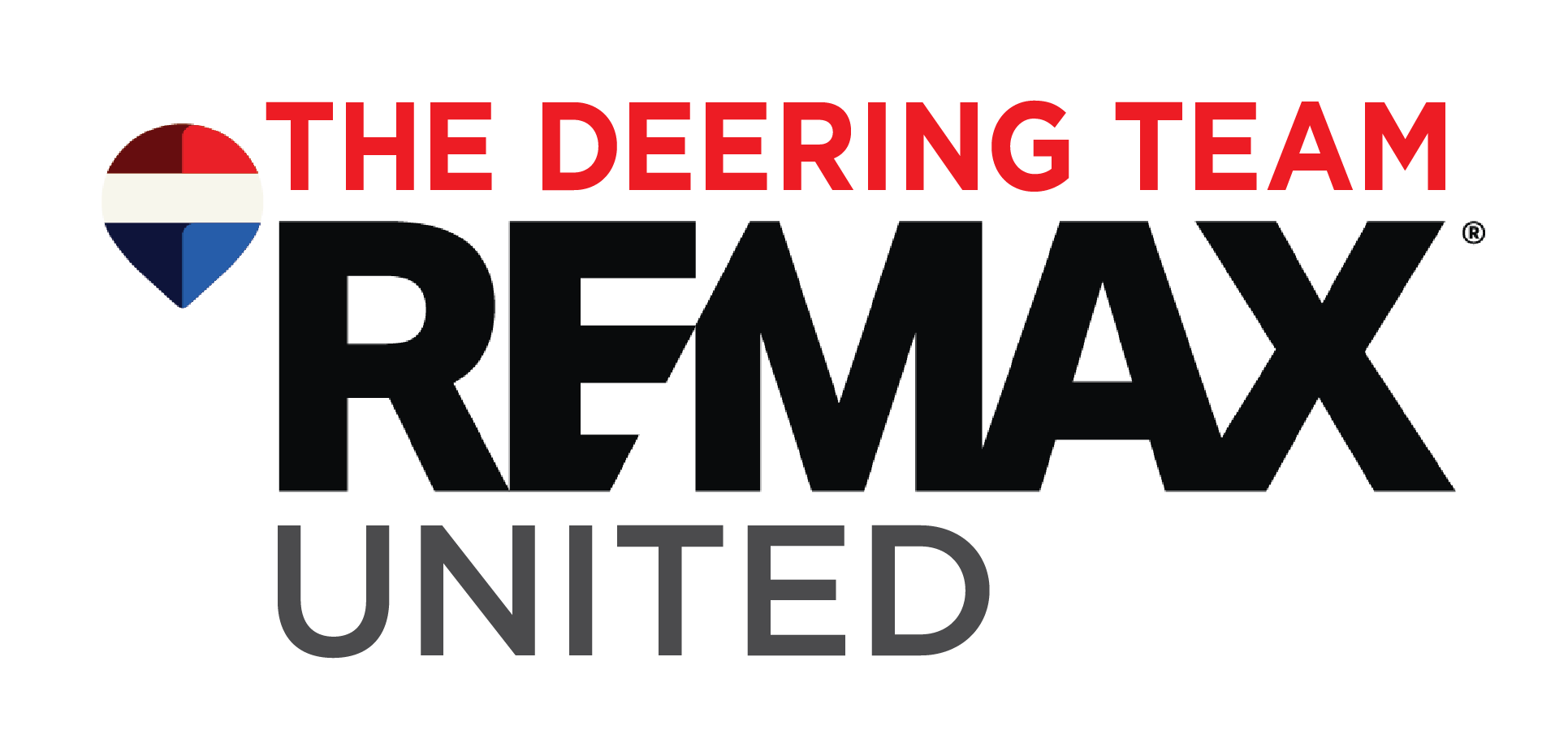Pricing Your Home
It is tempting to determine the asking price of your home by figuring what you originally paid for it, adding the cost of improvements plus a healthy profit, and then put it on the market. This is a rookie mistake, however, and can cost you a lot of time and money.
It is essential that you place a smart, competitive price on your property. If the price is too high, your home stays on the market longer, increasing your expenses along the way. You may think it’s a good strategy to start high and then reduce the price if necessary. But, if potential buyers see a history of a dropped asking price, they will either wonder what’s wrong with the home since it hasn’t sold or they will think you must be getting desperate and will offer an even lower price.
Your real estate agent can tell you that sellers who list competitively from the start get a better price than those who list high and then go lower and lower. Let your agent help you avoid the overpricing trap. Together you can review a comparative market analysis of similar homes to yours that have sold in your area recently.
Also, consider your local market conditions. Are homes in your neighborhood selling quickly? Is it currently a buyer’s market or a seller’s market? Are you listing during the spring homebuying season or in the middle of winter?
Remember that some buyers are motivated by more than just price, so plan to be flexible to get your home sold quickly. When do the buyers want to move into the house? Can you, the seller, finance the the home? Are you willing to leave the patio furniture or an area rug? Be open and creative as you review the buyer’s offer.
Price your home based on reality, not just wishful thinking, and depend on your agent to be your best ally in finding your bottom line.
